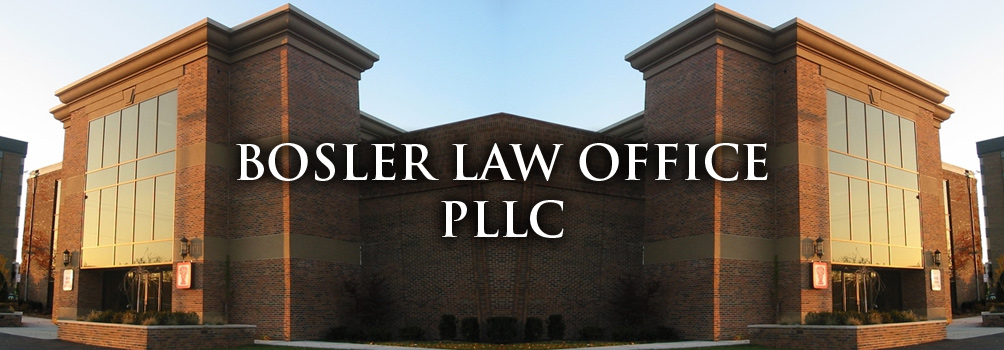Collectability
Few business and consumer transactions would occur without the availability of credit to finance the purchase of goods and services. This may take the form of a third party providing the funds needed to finance a purchase, such as a bank or financial institution, or the Seller providing the financing by allowing sale on credit or payment terms. Regardless of the arrangements, getting paid for goods delivered or services performed is the objective of every Seller, while every Buyer seeks the benefit of what was bargained for. When a promise is broken by either party, legal rights and remedies need to be evaluated and pursued in order to obtain or salvage value from the transaction. The services of an attorney may be paramount in identifying the terms and conditions favorable to produce the desired outcome. This may begin with a review of the language used by the parties in setting forth the terms and conditions of their contract, a review and evaluation of the information that should be collected or obtained from or about the other party to determine their ability to perform, an evaluation of the collectability of the debtor as to whether it is productive to pursue a claim, and finally, to engage the services of an attorney to pursue a legal claim when and if it becomes necessary. Performing those services professionally and competently is what should be expected from an attorney engaged to handle such matters.
Statutes of Limitation
For the garden variety type of claims, the Statute of Limitations for a simple breach of contract claim in Michigan is six years, MCL 600.5807(8), while the status of limitations for breach of contract for the sale of goods is four years MCL 440.2725(1). Depending on the nature and type of claim, other statutes of limitations may be applicable. The Statute of Limitations may also be tolled or extended for specific reasons allowed by statute but the governing principle remains the same- the case must be timely filed or the creditor may lose the right to purse the claim.
Court Venue and Jurisdiction
In Michigan, District Courts have jurisdiction over cases where the amount in controversy is less than $25,000.00, while Circuit Courts have jurisdiction where the amount in controversy exceeds $25,000.00. Generally, the appropriate venue or location of a court in which to bring a claim is the Court nearest to where the Defendant resides or its business is located.
Compliance
Debt Collectors are required by law to conform to and comply with certain procedures and practices, particularly with regards to the collection of consumer debt. The Fair Debt Collection Practices Act (FDCPA), 15 USC 1692 et. seq. was designed to prevent abuses by collection agencies and regulates such matters at the federal level, while Michigan has two public acts that roughly parallel the FDCPA, MCL 445.251 et. seq., and MCL 339.901 et. seq. Other federal and state regulations may regulate other aspects of consumer, credit or commercial transaction, such as the Truth in Lending Act, Fair Credit Reporting Act, Michigan Consumer Protection Act, and other federal and state regulations. Compliance with these regulations is the best course of conduct for all parties engaged in commerce.
Court authorized forms of debt collection in Michigan include the following:
- Creditor’s Examinations
Debtors may be served with a subpoena to testify as to their assets. They may be ordered to produce documents for examination such as their tax returns, pay stubs, documents to vehicles and real estate, businesses and anything else of value.
- Wage Garnishments
In Michigan, wages can be garnished up to 25% of one’s take home pay.
- Tax Garnishments
Creditors may seize one’s Michigan income tax refund (not federal).
- Writs of Seizure
Creditor attorneys may identify assets that a debtor may own including a business, cars, boat, or real estate, and may have these assets seized and sold at auction to get paid.
- Receiverships
If a debtor has a business that is a going concern, creditors may ask the court to appoint a receiver over the business and to have that receiver pay profits to pay the debt. The receiver is an “arm of the court” and thus has many privileges at law.
While attorneys representing Creditors cannot promise or guarantee results in a particular case, the methods and procedures followed by that attorney or firm can enhance the prospects of collection.
Things to consider in engaging an attorney
- Hire an Attorney, Not a Firm. When you hire an attorney, is he or she actually working on the matter or is it being delegated to a clerk or staffer? At small firms, there is less risk that the matter will be delegated. Clients enjoy the peace of mind knowing that the attorney they selected will be doing the work.
- Efficiency. When multiple attorneys work on a file, they will all have to know and understand the matter. At small firms, there is little to no redundancy. Consider this hypothetical. Suppose two students are reporting on a book. One reads the CliffsNotes. The other reads every page of the book and prepares a report. Who will be better suited to answer the teacher’s questions?
Bosler Law Office, PLLC handles both the pursuit and defense of debt collections cases.




